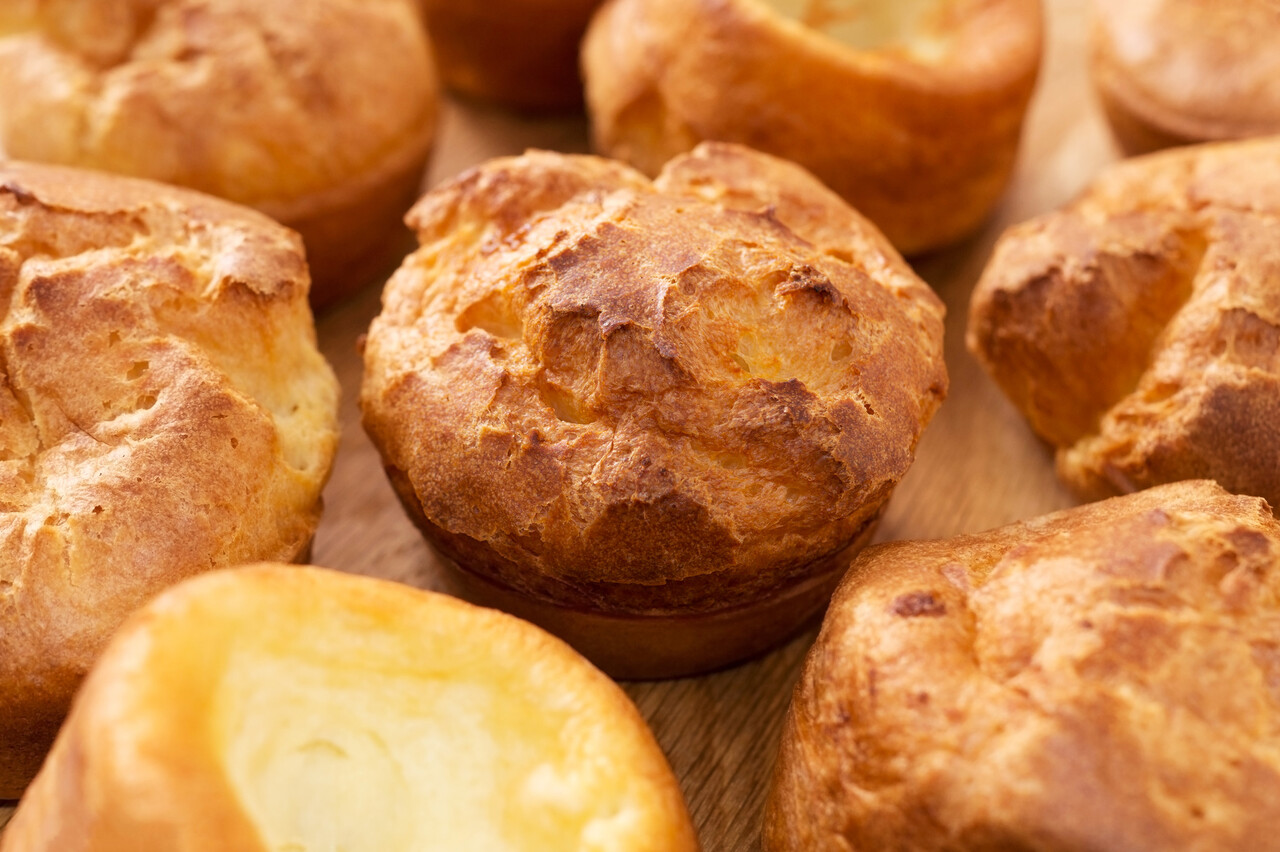10 Food Innovations By Black Americans That Deserve The Spotlight

Black Americans have played a vital role in shaping American food culture, yet many of their contributions remain overlooked. From kitchen creativity to groundbreaking inventions that transformed entire industries, their work has influenced how and what we eat every day. This list highlights ten innovations, from potato chips to modern barbecue, all pioneered or advanced by Black chefs, inventors, and entrepreneurs. Their legacies prove that food is not just nourishment but a record of ingenuity, resilience, and cultural identity.
1. Potato Chips by George Crum
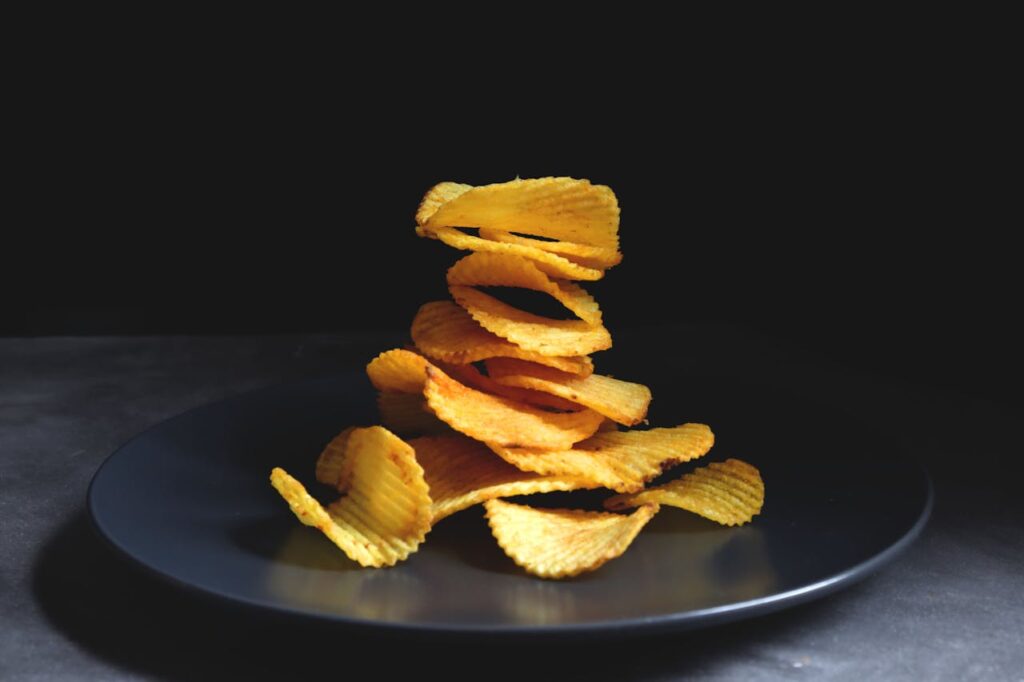
George Crum, a chef of African and Native American heritage, is widely credited with creating the potato chip in 1853. Working at Moon’s Lake House in Saratoga Springs, he sliced potatoes paper-thin, fried them to a crisp, and salted them after a guest complained about thick fries. His playful solution became known as “Saratoga Chips,” eventually sparking a snack craze that spread nationwide. Today, potato chips are a global industry worth billions, yet few know their origin traces back to Crum’s ingenuity in the kitchen.
2. Ice Cream Advancements of Augustus Jackson
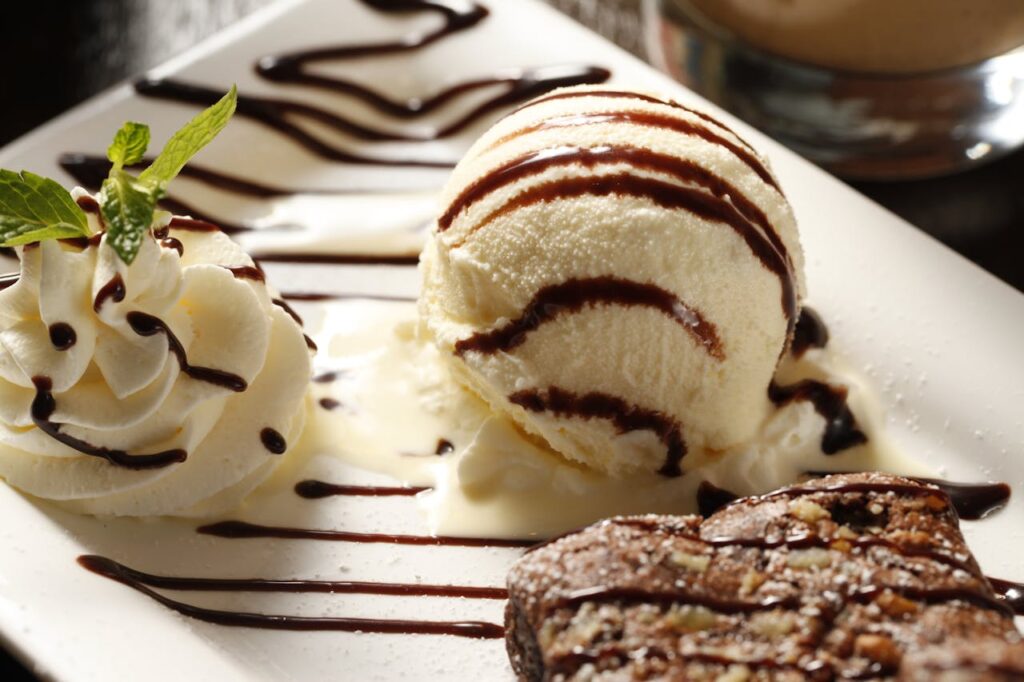
Augustus Jackson, an African American confectioner in 19th-century Philadelphia, is often called the “Father of Ice Cream.” He developed methods for mixing flavors and freezing ice cream that improved its texture and shelf life, then packaged it in tin containers that made storage and transport practical. His innovations lowered costs and expanded access beyond the wealthy elite, helping to turn ice cream into a dessert enjoyed by ordinary Americans. Though he never patented his work, Jackson’s influence still shapes the modern ice cream industry.
3. Sugar Refining by Norbert Rillieux

Norbert Rillieux, a Creole inventor and engineer, transformed sugar refining with his multiple-effect evaporator, patented in the 1840s. His system used vacuum pressure and recycled steam to produce sugar more efficiently, cleanly, and safely than the hazardous open-kettle boiling method. The result was higher-quality sugar, less fuel consumption, and better conditions for workers. Rillieux’s breakthrough quickly became standard in the industry and later inspired processes across food and chemical production, making him one of the most important innovators in food technology.
4. Mobile Refrigeration by Frederick McKinley Jones

Frederick McKinley Jones revolutionized food distribution by inventing portable refrigeration systems for trucks and railcars in the 1930s. Before his work, perishable foods relied on ice blocks that melted quickly, limiting long-distance transport. His compact, engine-powered units allowed meat, produce, and dairy to travel safely across great distances. The technology, commercialized through Thermo King, enabled supermarkets to flourish, made global food trade possible, and supported military supply chains. Jones’ cold-chain innovation remains central to how food reaches our tables today.
5. Peanuts and Crop Innovation of George Washington Carver
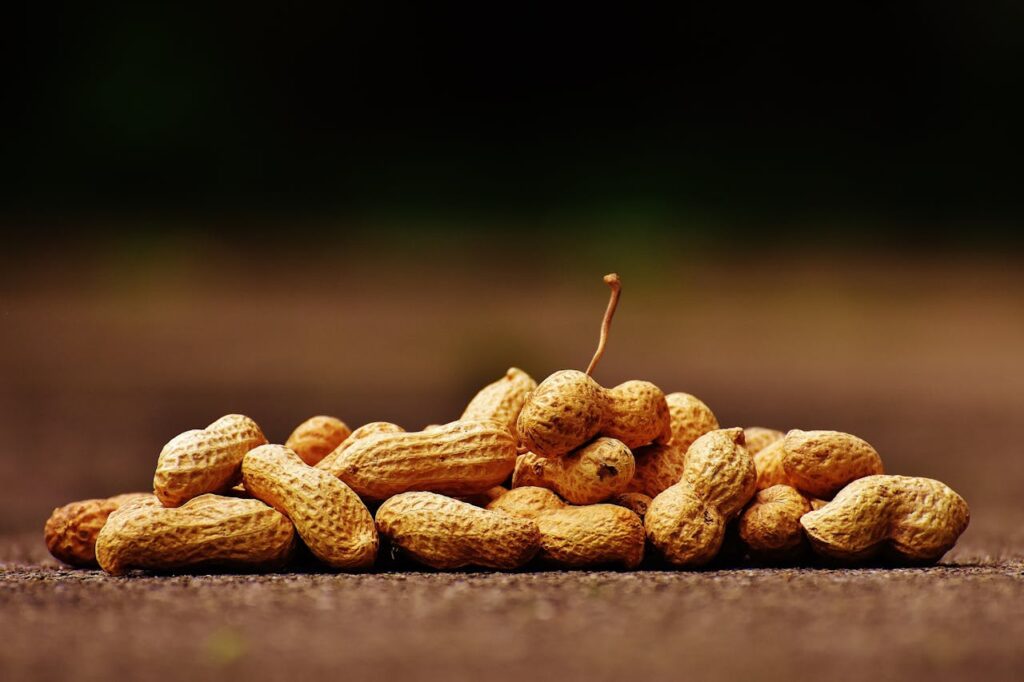
George Washington Carver advanced agriculture by promoting peanuts, sweet potatoes, and legumes as alternatives to cotton in the early 20th century. While falsely credited with inventing peanut butter, his true legacy was developing hundreds of peanut-based products and teaching soil-restoring crop rotation that improved yields for struggling farmers. At Tuskegee Institute, he published bulletins, recipes, and farming advice that empowered communities. Carver’s blend of science and outreach diversified Southern agriculture and showed how innovation could improve both sustainability and livelihoods.
6. Culinary Techniques of James Hemings

James Hemings, trained in Paris while enslaved under Thomas Jefferson, became one of the first American chefs to master French haute cuisine. Returning to the U.S., he introduced refined dishes such as macaroni and cheese, French-style ice cream, and custards to Jefferson’s table, blending European sophistication with American tastes. Hemings also trained other cooks, spreading his knowledge. His story reflects how enslaved chefs shaped elite dining and seeded culinary techniques that became staples of American cooking, leaving a legacy long overlooked in food history.
7. Early Cookbook by Abby Fisher

Abby Fisher, a formerly enslaved cook, published What Mrs. Fisher Knows About Old Southern Cooking in 1881, making it one of the earliest African American cookbooks. The collection preserved Southern and Creole recipes including pickles, preserves, sauces, and stews, offering insight into traditions passed orally through generations. Fisher’s book provided practical instructions but also acted as a cultural archive, capturing everyday Black cooking practices after emancipation. By documenting her knowledge, Fisher secured her place as a pioneer of culinary literature in America.
8. Farm-to-Table Vision of Edna Lewis
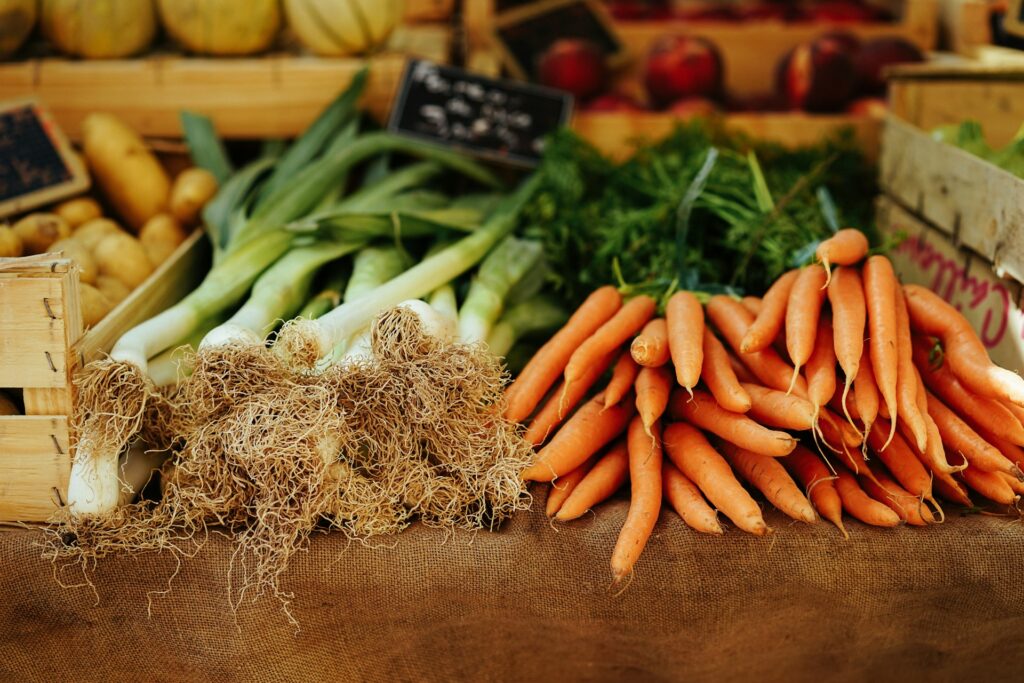
Edna Lewis, known as the “Grand Dame of Southern Cooking,” elevated country food traditions through her celebrated cookbooks, especially The Taste of Country Cooking. Drawing from her Virginia childhood, she emphasized fresh, seasonal ingredients and simple, elegant preparation, long before “farm-to-table” was a trend. Lewis combined memoir with recipes, turning regional dishes into a narrative of heritage and community. Her influence reframed Southern cuisine as refined and deeply cultural, inspiring chefs nationwide to embrace provenance, authenticity, and respect for Black food traditions.
9. Soul Food Entrepreneurship of Sylvia Woods

Sylvia Woods, famously called the “Queen of Soul Food,” founded Sylvia’s Restaurant in Harlem in 1962 and turned it into a cultural landmark. Serving fried chicken, collard greens, cornbread, and other staples, the restaurant became a hub for locals, celebrities, and tourists alike. Woods expanded into cookbooks and retail products, ensuring soul food flavors reached homes nationwide. Her entrepreneurship helped transform home-style dishes into a celebrated business and cultural institution, proving that Black culinary traditions could thrive commercially while honoring their roots.
10. Barbecue Traditions from Black Pitmasters
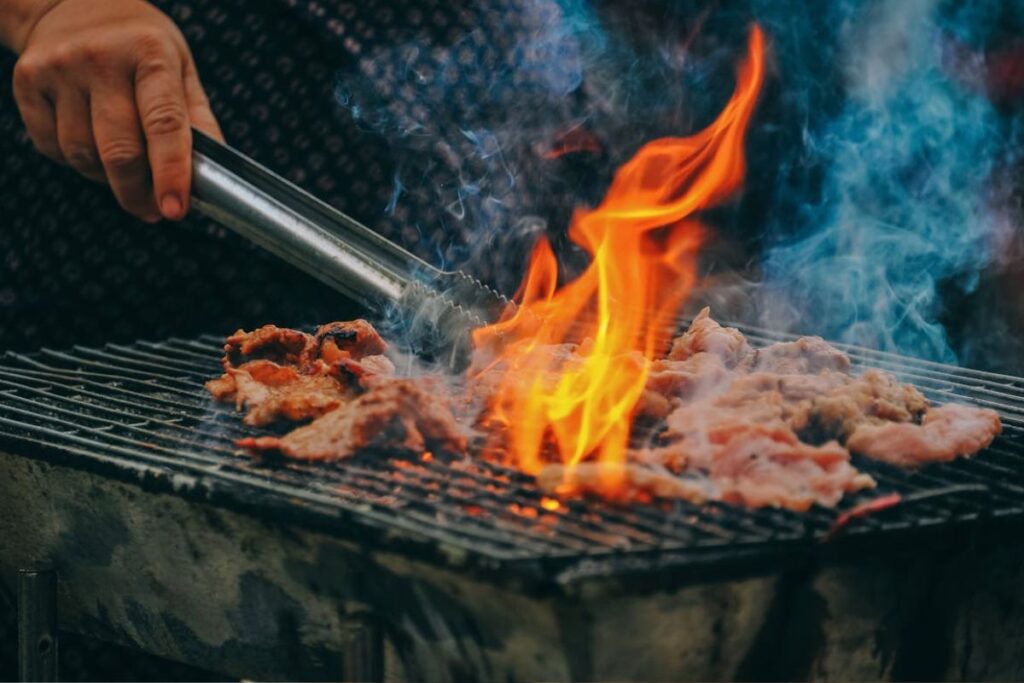
Barbecue in America owes much to the skill and traditions of enslaved Africans and their descendants. Black pitmasters perfected slow-cooking meats over wood, mastering smoke, spice, and technique to create regional styles from Carolina vinegar sauces to Memphis ribs and Texas brisket. Their craft turned communal meals into cultural traditions, forming the backbone of barbecue festivals, competitions, and restaurants. Despite their foundational role, recognition for Black pitmasters has often lagged, though their influence remains central to America’s most iconic food tradition.



